Running Tips for Your First Marathon Training

Laying the groundwork for a successful project
A strong foundation is crucial for any endeavor, whether it's building a house or launching a new business. Careful planning and meticulous preparation are essential steps in achieving long-term success. This initial phase sets the stage for all future actions, ensuring that resources are allocated effectively and that the project aligns with its overall objectives. Thorough research and analysis are key components of this process.
Understanding the project's scope, identifying potential challenges, and establishing clear goals are critical to laying a strong foundation. A comprehensive plan outlines the steps needed to complete the project effectively and efficiently.
Defining clear project objectives
A well-defined objective is the cornerstone of any successful project. It provides a clear direction for the entire team and ensures everyone is working towards the same goal. This clarity minimizes confusion and maximizes productivity. Precisely defining what you want to achieve is the first step in ensuring that the project meets its desired outcome.
Identifying key stakeholders and their roles
Understanding the roles and responsibilities of each individual involved in the project is essential for smooth collaboration and efficient workflow. Identifying key stakeholders helps in understanding their expectations and concerns, which can be pivotal for effective project management. This step is crucial for successful project implementation.
Identifying key stakeholders also ensures that everyone understands their roles and responsibilities, leading to a more cohesive and productive project environment.
Developing a realistic project timeline
A realistic timeline is critical for managing expectations and ensuring timely project completion. An overly ambitious timeline can lead to stress, decreased quality, and potential project failure. Careful consideration of all tasks and their dependencies is paramount in developing an accurate timeline.
Allocating resources effectively
Effective resource allocation is vital for project success. This involves carefully considering the financial, human, and material resources needed for the project. Proper resource allocation ensures that the project has the necessary support to proceed smoothly. A well-planned resource allocation strategy can significantly impact the project's overall efficiency and outcome.
It's important to balance the need for resources with the project's budget to avoid unnecessary overspending. A detailed budget, aligned with the project's timeline, is critical for efficient resource management.
Establishing clear communication channels
Open and consistent communication is the lifeblood of any successful project. Clear communication channels facilitate the exchange of information and ensure everyone is informed about project updates, progress, and potential challenges. This fosters collaboration and minimizes misunderstandings.
Regular meetings and updates, alongside established communication protocols, are essential to maintain transparency and accountability throughout the project lifecycle.
Contingency planning for potential risks
Anticipating potential risks and developing contingency plans is essential for mitigating negative impacts on the project. This proactive approach helps to maintain the project's momentum and minimize disruptions. By considering possible obstacles, you can be better prepared to address them when they arise.
Developing a comprehensive risk assessment helps identify potential problems and develop solutions in advance, ensuring the project can adapt to unexpected circumstances.

Creating a dedicated workspace isn't just about finding a corner; it's about establishing a physical space that fosters focus and productivity. Consider the atmosphere you want to cultivate. Do you thrive in a minimalist, calm environment, or do you need some visual stimulation? Understanding your personal preferences is key to designing a workspace that truly nurtures your work flow and reduces distractions.
Preparing for Race Day: The Final Stretch
Fueling Your Body for Peak Performance
Proper nutrition is crucial for success on race day, and the final days leading up to the marathon are critical. Focus on complex carbohydrates for sustained energy. Include plenty of whole grains, fruits, and vegetables in your diet. Avoid greasy or overly processed foods that could lead to digestive issues during the race. Hydration is equally important, and you should be consistently drinking water throughout the day, even if you don't feel thirsty. This is a marathon, not a sprint, and your body needs adequate fluids to perform optimally. Remember, your pre-race meal should be familiar and something you know your body handles well. Practice eating similar foods in the days leading up to the marathon to avoid any unforeseen digestive problems on race day. Don't try anything new on race morning.
The hours and days leading up to the marathon are not the time to experiment with new foods or drinks. Stick to what you know works. This is the time to refine your routine, not to reinvent it. Listen to your body and adjust your intake of water and electrolytes based on your individual needs. If you're experiencing any unusual symptoms, don't hesitate to consult with a medical professional.
Mental Preparation: Staying Focused and Positive
The mental game is just as important as the physical training. The weeks leading up to the marathon are a crucial time to prepare mentally. Visualization exercises can be extremely helpful, allowing you to mentally rehearse the race course and anticipate potential challenges. Visualize yourself crossing the finish line, and focus on the positive feelings associated with that accomplishment. Engage in mindfulness techniques, like meditation or deep breathing exercises, to manage stress and anxiety. These can help you stay centered and focused on the task at hand. Having a strong support system, whether it's family, friends, or fellow runners, can significantly boost your mental fortitude. The encouragement and camaraderie can provide motivation and support when the going gets tough.
Remember, you've trained hard. You've put in the time and effort, and you're capable of achieving your goal. Focus on the process, not just the outcome. Enjoy the journey and celebrate every small victory along the way. This marathon is about more than just finishing; it's about personal growth, resilience, and overcoming challenges. Trust in your training and believe in your ability to succeed.
Race Day Logistics: Minimizing Stress and Maximizing Efficiency
Plan your race day logistics meticulously to avoid unnecessary stress. This includes having a well-organized race-day kit, containing essentials like extra socks, gels, electrolyte tablets, and any personal items you may need. Choose appropriate clothing that will keep you comfortable in the conditions. This includes considering the weather forecast and selecting layers of clothing to adjust to varying temperatures. Plan the route in advance. Familiarize yourself with the course map, identifying any potential obstacles or challenges. This will help you stay calm and focused during the race. Knowing where aid stations are located will help you stay hydrated and energized throughout the race.
Consider pre-arranging transportation to and from the race venue. Having a clear plan for getting to the starting line and handling any unexpected issues will help ease your mind. If possible, have a designated driver or a ride-sharing arrangement. Make sure you know where you're going and when you're expected to be there. This will help you avoid any unnecessary delays or stress on race day. Confirm with your designated person or ride-sharing service about the time and location to meet.
Race-Specific Strategies: Maintaining Pace and Staying Motivated
Developing a race strategy is key to a successful marathon. Consider your training plan and your personal strengths and weaknesses when creating a pacing strategy. Don't start too fast; maintain a consistent pace throughout the race, especially during the first few miles. This will help you conserve energy and prevent fatigue later on. Pace yourself according to your training plan. Remember to break down the race into smaller segments to keep yourself motivated. Visualize yourself crossing the finish line and focus on the positive feelings associated with that accomplishment. Having a strong support system, whether it's family, friends, or fellow runners, can significantly boost your mental fortitude. The encouragement and camaraderie can provide motivation and support when the going gets tough.
Having a plan for dealing with potential challenges, such as hills or changes in the terrain, will help you stay motivated and focused. If you encounter unexpected problems, stay calm and adjust your strategy accordingly. Remember, the marathon is a test of endurance, resilience, and mental strength. Staying positive and focusing on the finish line will help you overcome obstacles and achieve your goals.
Read more about Running Tips for Your First Marathon Training
Hot Recommendations
-
*Guide to Managing Gout Through Diet
-
*Best Habits for Financial Well being
-
*How to Build a Routine for Better Mental Health
-
*How to Eat Healthy on a Budget [Tips & Meal Ideas]
-
*Guide to Practicing Self Acceptance
-
*How to Incorporate More Movement Into Your Day
-
*Guide to Managing Chronic Pain Naturally
-
*Guide to Building a Reading Habit for Well being
-
*Top 5 Weight Loss Supplements That Actually Work
-
*Best Exercises for Postpartum Recovery [Beyond Abdominal Work]
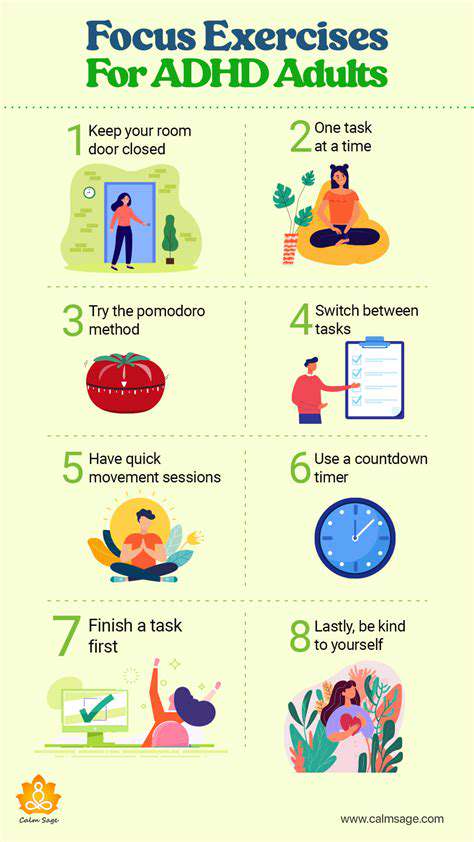
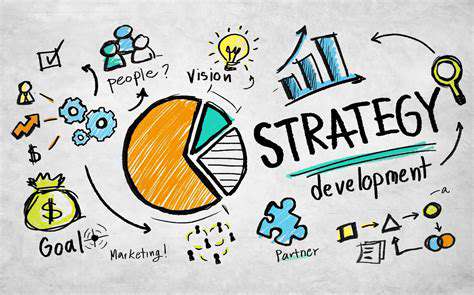


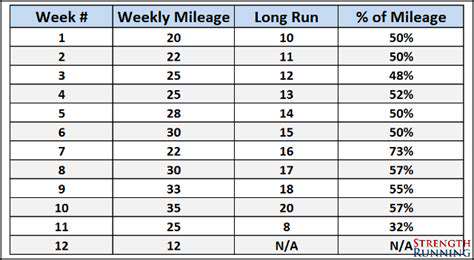

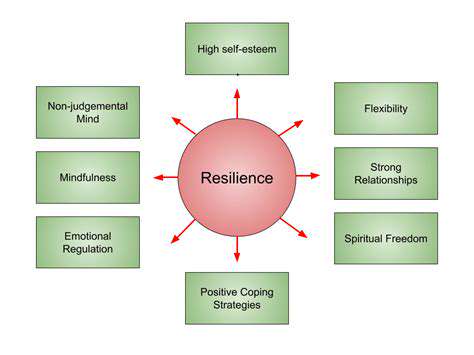

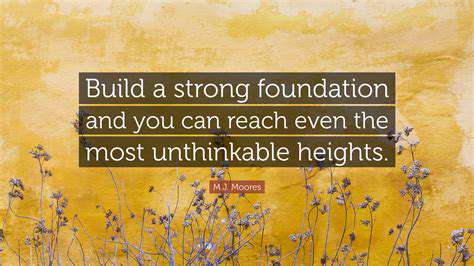


![Health Tips for Women After Menopause [Managing Symptoms]](/static/images/26/2025-07/ImprovingSleepQualityDuringMenopause3ARestorativeStrategies.jpg)